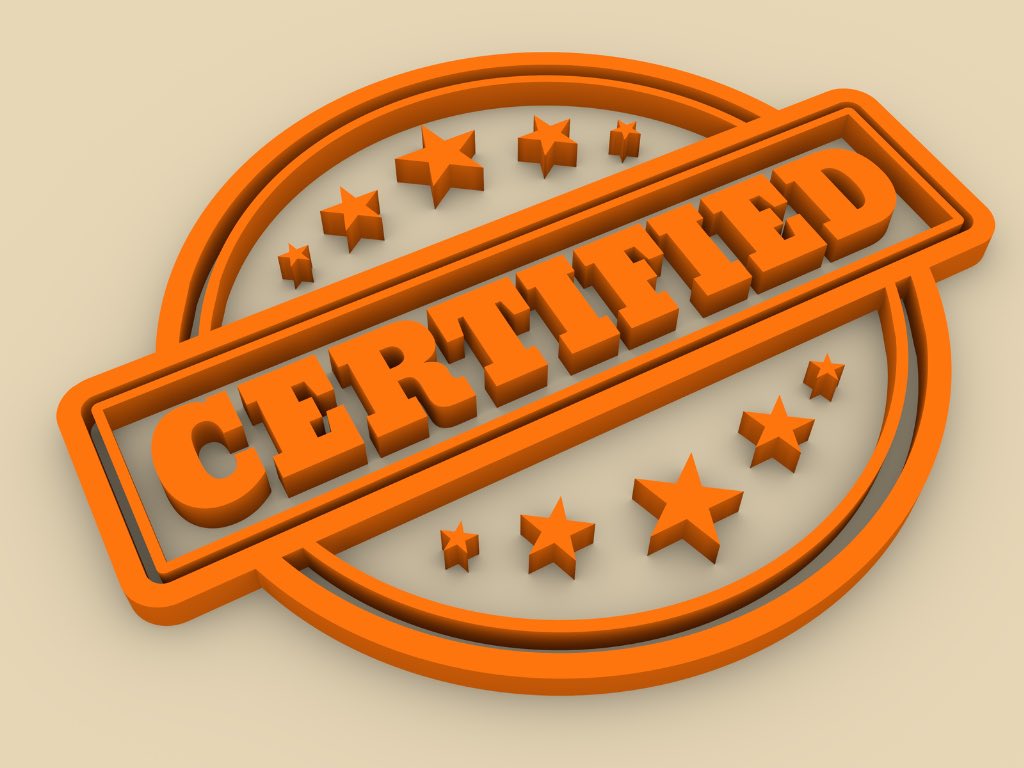
The Benefits of Halal Certification for the Businesses
|
|
Time to read 3 min
Welcome to One Stop Halal!
Written by: Abdul Karim Raja
|
|
Time to read 3 min
In today's global marketplace, businesses must cater to a diverse customer base with varying religious and cultural backgrounds. One of the ways businesses can do this is by obtaining halal certification for their products and services. In this blog, we will explore the benefits of halal certification for companies and why it is becoming increasingly important in today's world.
Halal certification is a process by which a product or service is certified as halal, meaning it is permissible under Islamic law. Halal certification involves thoroughly inspecting and reviewing the entire supply chain, from sourcing raw materials to manufacturing and packaging the final product. The certification ensures that the product or service complies with Islamic dietary laws and ethical standards.
Halal certification can open up new markets for businesses. Muslims represent a large and growing consumer group, with an estimated 1.8 billion Muslims worldwide. By obtaining halal certification, companies can tap into this lucrative market and increase their customer base.
Halal certification is a testament to a business's commitment to quality and ethical standards. By obtaining halal certification, companies can build trust and credibility with their customers, particularly among the Muslim community. The certification process involves a rigorous review of the entire supply chain, ensuring that the product or service meets the highest standards of halal compliance.
Halal certification can be a competitive advantage for businesses. Companies need to differentiate themselves from their competitors in today's crowded marketplace. Halal certification can set a business apart by showing its commitment to quality and ethical standards.
Halal certification can enhance a business's brand reputation. By obtaining halal certification, companies can show their commitment to social responsibility, environmental sustainability, and ethical business practices. This can help build a positive image and reputation for the business, particularly among consumers who value these qualities.
Halal certification can increase export opportunities for businesses. Many countries, particularly those with large Muslim populations, require halal certification for imported products. By obtaining halal certification, companies can expand their export markets and increase revenue streams.
Halal certification can improve food safety and quality. The halal certification process involves thoroughly inspecting and reviewing the entire supply chain, from sourcing raw materials to manufacturing and packaging the final product. This can help identify potential hazards and ensure that the product meets the highest safety and quality standards.
Halal certification can increase consumer confidence in a product or service. Muslims, in particular, are very conscious of what they eat and are likelier to trust and purchase halal-certified products. By obtaining halal certification, businesses can increase consumer confidence in their products and services.
Halal certification encourages ethical practices throughout the supply chain. The certification process requires businesses to adhere to strict ethical standards, such as fair labor practices, animal welfare, and environmental sustainability. By obtaining halal certification, companies can promote ethical practices and set a positive example for other companies to follow.
Various organizations certify halal meat and products. One Stop Halal is certified by HFSAA (Halal Food Standards of America). It is one of the leading certification bodies across the United States, trusted by consumers and businesses. They have strict standards, which help satisfy even the orthodox and traditional halal consumers.
Halal certification is an essential consideration for businesses that seek to cater to Muslim consumers and tap into the lucrative halal market. Halal certification offers several benefits, including access to the halal market, increased consumer confidence, compliance with regulations, and improved quality and safety. To obtain halal certification, businesses must comply with halal regulations and standards and contact a halal certification body for inspection and testing. By obtaining halal certification, businesses can gain a competitive edge and succeed in the halal market.

© 2026 One Stop Halal, Inc.